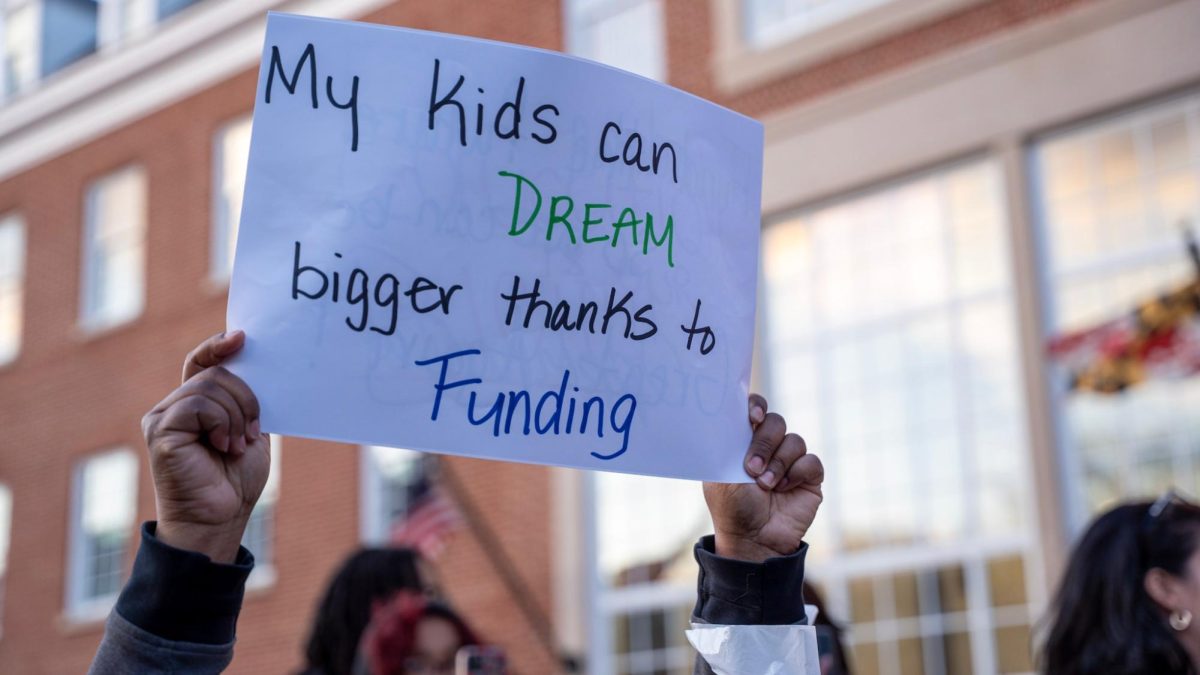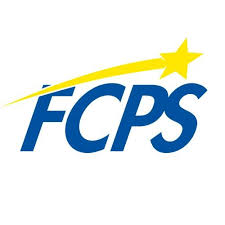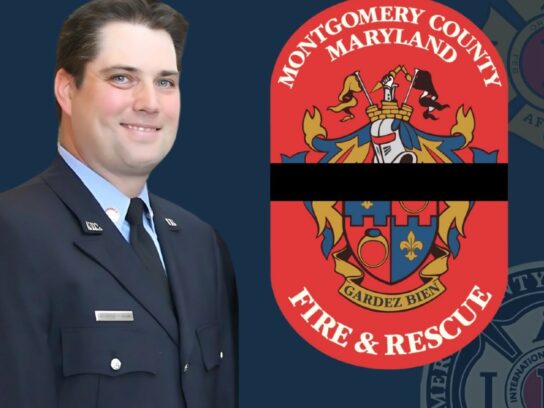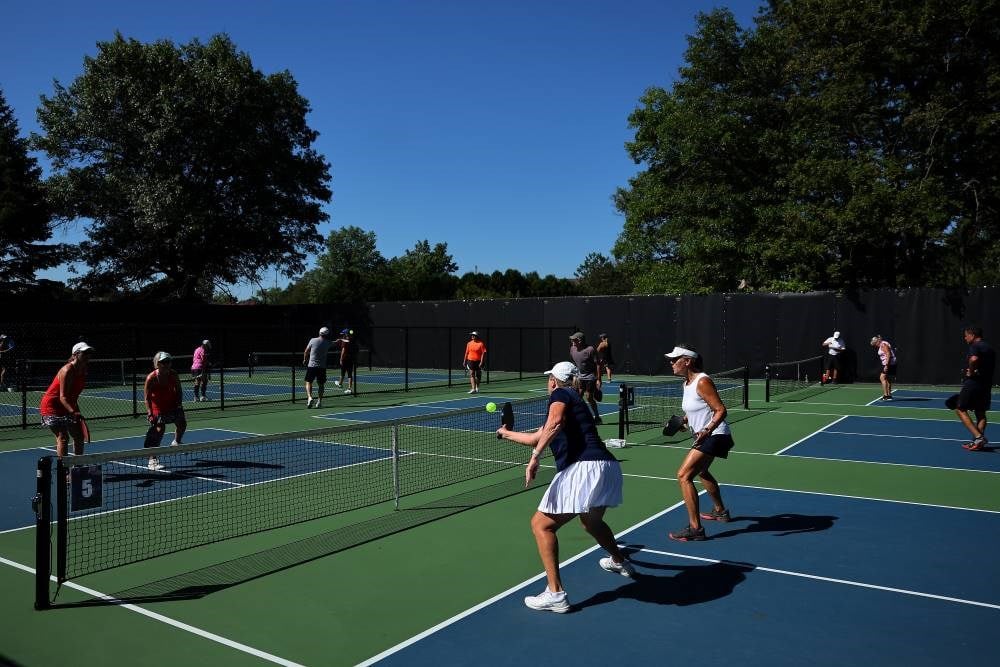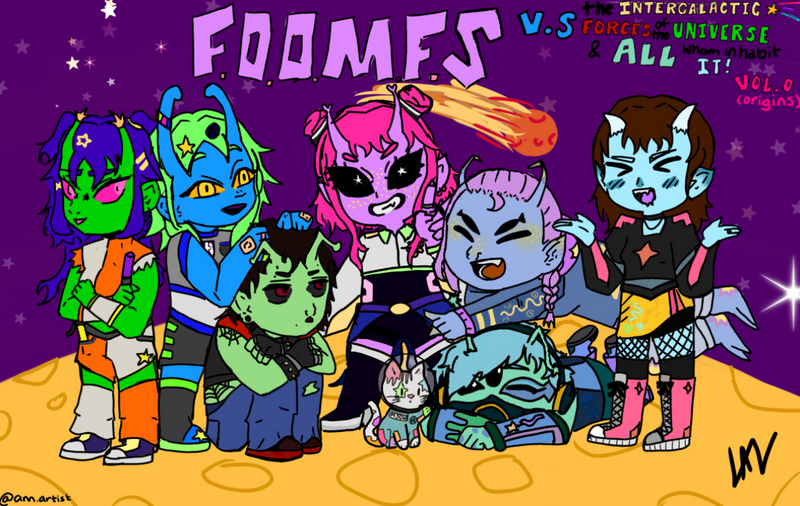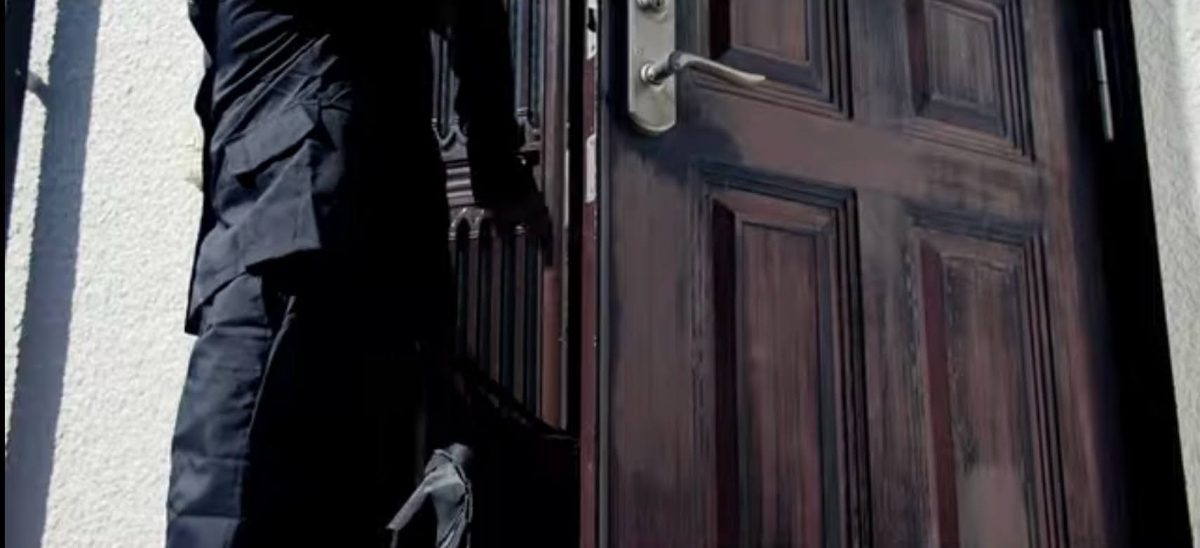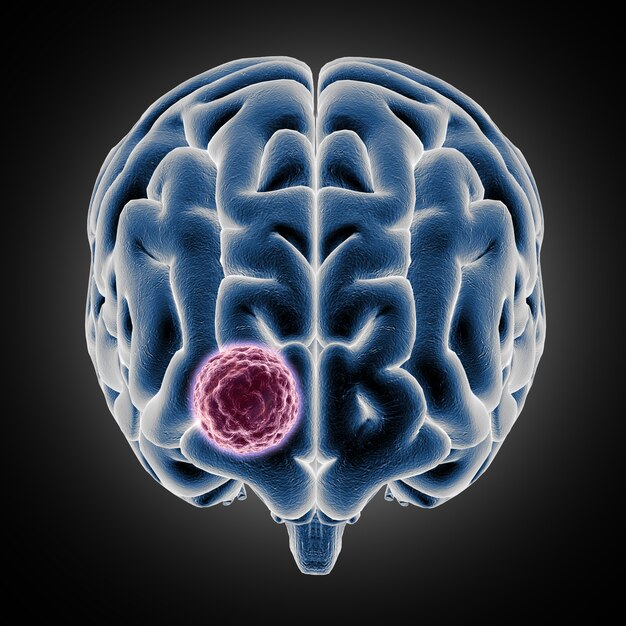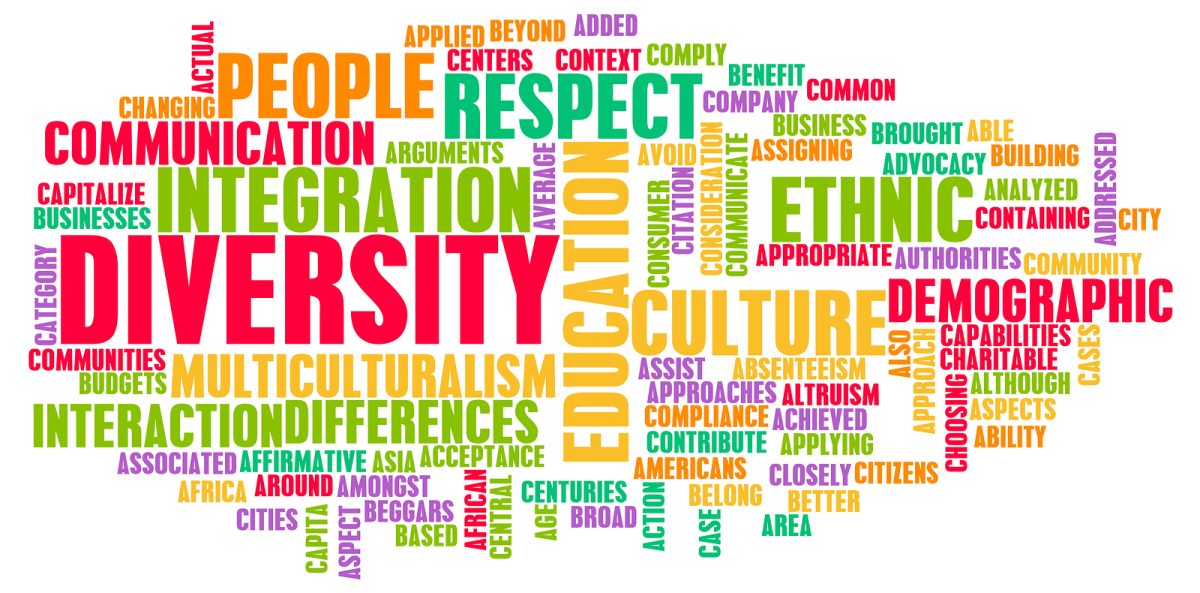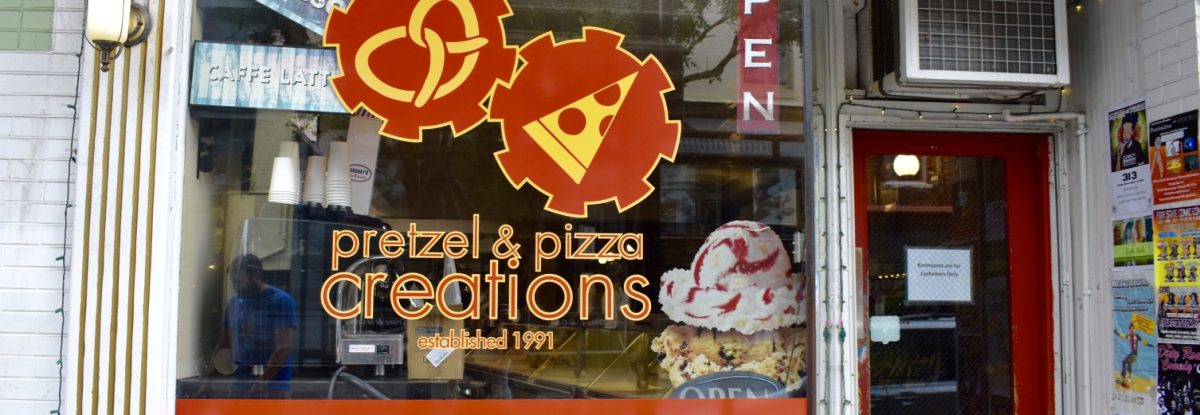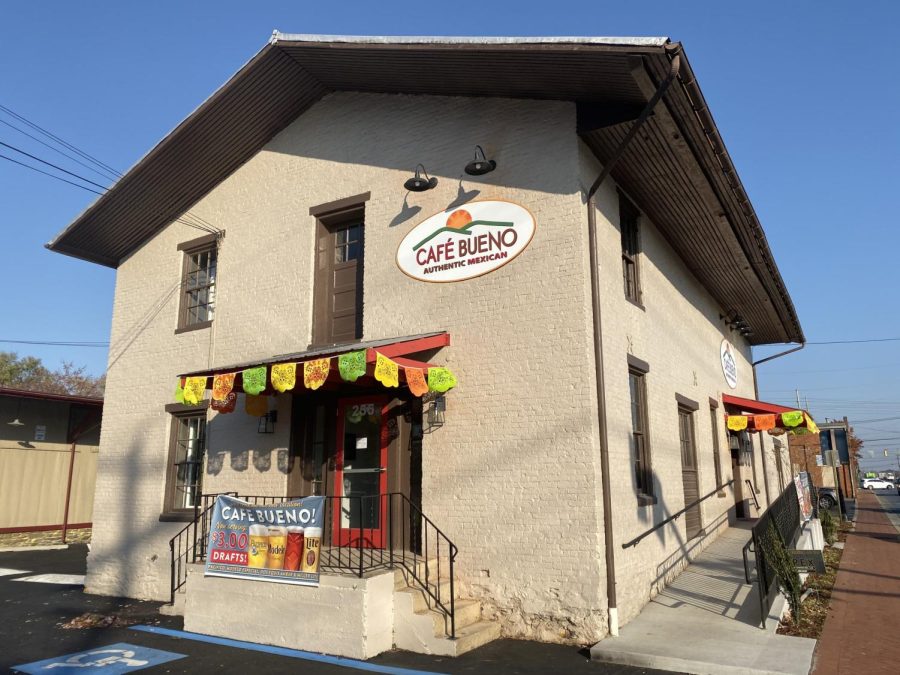Social injustice is defined as “The situation in which not all people have the same rights and opportunities and in which a country’s wealth and resources benefit only some of the people in that country” according to the Cambridge dictionary. Since the beginning of our nation, when the founding fathers signed our Constitution- there has been ongoing social injustice. However, there have always been individuals who try to bring attention to these injustices to stop them. Such as William Llyod Garrison writing the Liberator and founding the New England Anti Slavery Society, or Susan B Anthony fighting for women’s rights. Furthermore, these issues have been carried down generations through generations creating an inequitable society that we live in today.
There is a plethora of social injustice issues that we could list and many things people have done to try and end them. However, since the presidential election of 2020, America’s youth has become more vocal and action-driven to fix these issues, where we are now standing up for what we believe is right and just. Students are some of the most important people on this earth; we are learning and having to grow up during these unfortunate times, and are having to deal with them head on. Students are the most observant and we can create an opinion or figure out a solution to these problems just as good as our country’s leaders.
Overall, in the state of Maryland, we have grown. Maryland has improved in education, environmental stability, diversity, and health care. This led me to question what social injustice issues do Maryland students care about most? I sent out a poll on my social media(s) where I have connections with students across the state, and asked them to fill out a survey asking them what social injustice issues they care about most and why. Out of this survey, I had a total of 36 responses. These responses varied from sixth graders to seniors in high school, and I had received responses from 10 counties in Maryland (Frederick, Charles, Prince Georges, Baltimore City, St. Mary’s, Montgomery, Baltimore, Anne Arundell, Washington, and Garret County).

These results are not stating that these students only care about this issue, but this is their most focused issue. Additionally, multiple students stated 2-3 social injustice issues. In total there were 19 social injustice issues mentioned. The most mentioned issue being racial inequality, bullying/cyberbullying, unequal education, and LGBTQIA+ rights. However, the other issues contained: Reproductive/abortion rights, DEI, unequal access to opportunities, gun violence, immigration, religious toleration, economic inequalities, political corruption, school safety, violence, hunger and poverty, criminal justice, women’s rights, environmental safety, and the mental health stigma.
Many students stated that they believed that racial inequality was their most important social injustice issue because everyone no matter their race should be treated fairly. For example, Connor Orndorff, a junior from Brunswick High School stated “All people of every race deserve to be treated equally no matter what they look like or what their race is. People deserve to be treated equally as stated in the declaration of independence ‘All men are created equal.’” Second, students who said that LGBTQIA+ rights were their most important social injustice, was because they believe that no one should be discriminated against based on who they might love or who they identify as.
In addition, many students listed reproductive rights as their most important issue because everyone should not be told what to do with their body and have it controlled by the government. Many students noted how they believe that religious toleration is important to them because with all the war going on in the world, it depicts a picture of a good guy or bad guy upon people with a specific religion; moreover, no one should be hated and discriminated against based on their religion. Additionally, students stated that the economic inequalities were very important to them. For example, a 7th grader from Frederick County stated “I also care about economic injustice because the rich keep getting richer and the poor keep getting poorer and it just keeps happening…” Additionally, another student said, “So many people around me are suffering because they don’t have access to funds that can afford college and they don’t know what to do.” Students stated that they can see these effects of economic inequality within schools between students.
A few students said that safety in schools is very important. Gun violence was listed several times as students believe that their school needs procedures to better protect them and their peers from school shootings. Zaria Navqi, a junior from Montgomery County listed that school safety is one of her most important social injustice issues. “It affects every student by creating a culture of fear. It puts the students at risk and damages the futures of students who have struggles at home or poor mental/emotional health.” Finally, one of the other main social injustice issues talked about was bullying. Majority of the responders of this survey mentioned how bullying is very important to find a solution too. Many students are feeling the impacts of bullying within schools. One student even said, “These issues impact my education, well-being, and opportunities for success.”

On the other hand, the social injustice issue I believe is important is political corruption. This means that I believe that the country is not a business, it is filled with diversity, life, and extraordinary achievement that is not to be taken as a good or run as a business. We are not for the profit of paper dollars and coins, we are for the profit of Americans to live without the corrupt government controlling our lives and limiting us to succeed in life. In other words, as I have listed above there are many social injustice issues that students care about. In this great country, we are always going to be filled with flaws that we can learn from. Students are the future of our county, state, and nation. Therefore, the leaders and adults in our country need to really listen to students, because once they listen, we can ignite change for the better.
